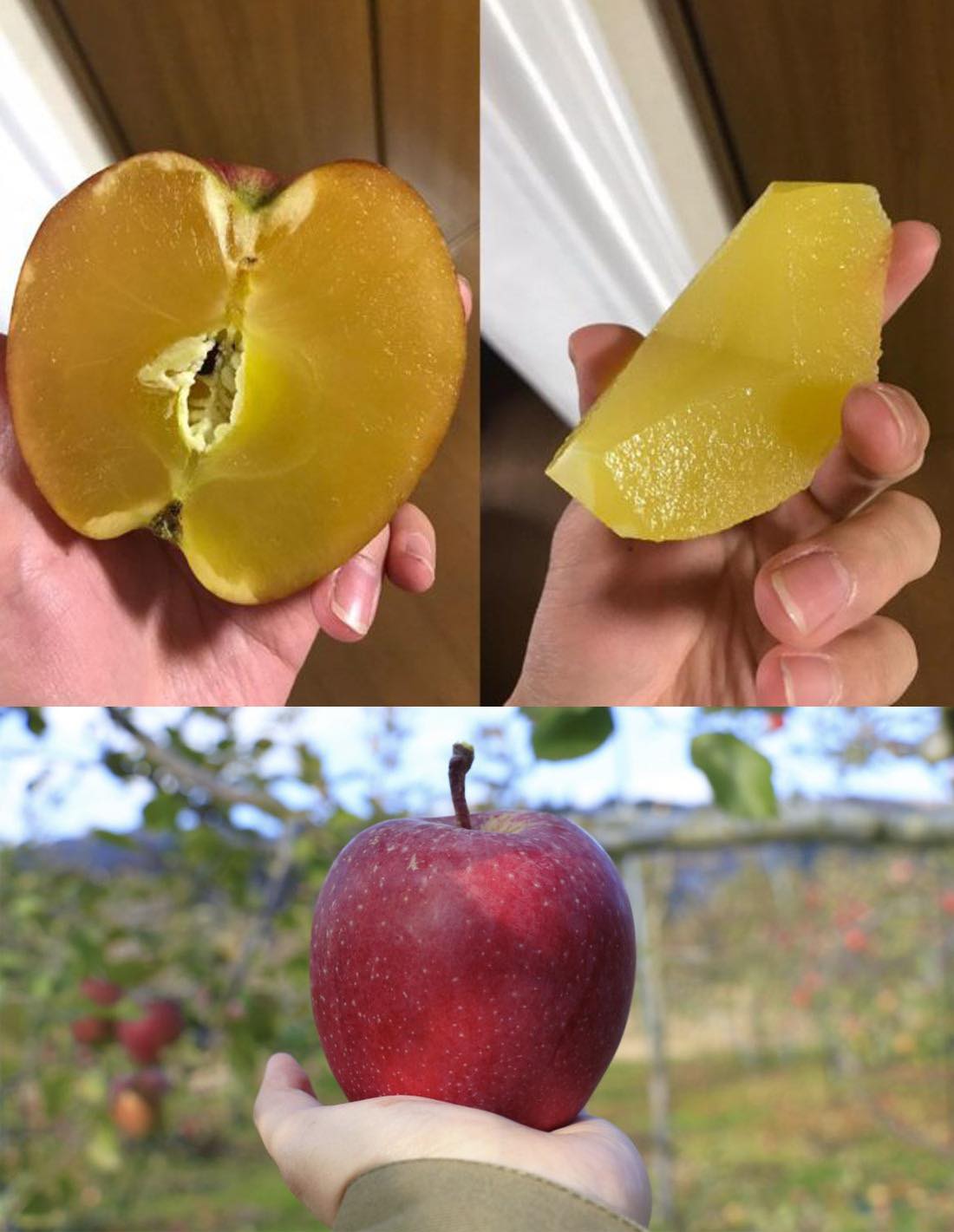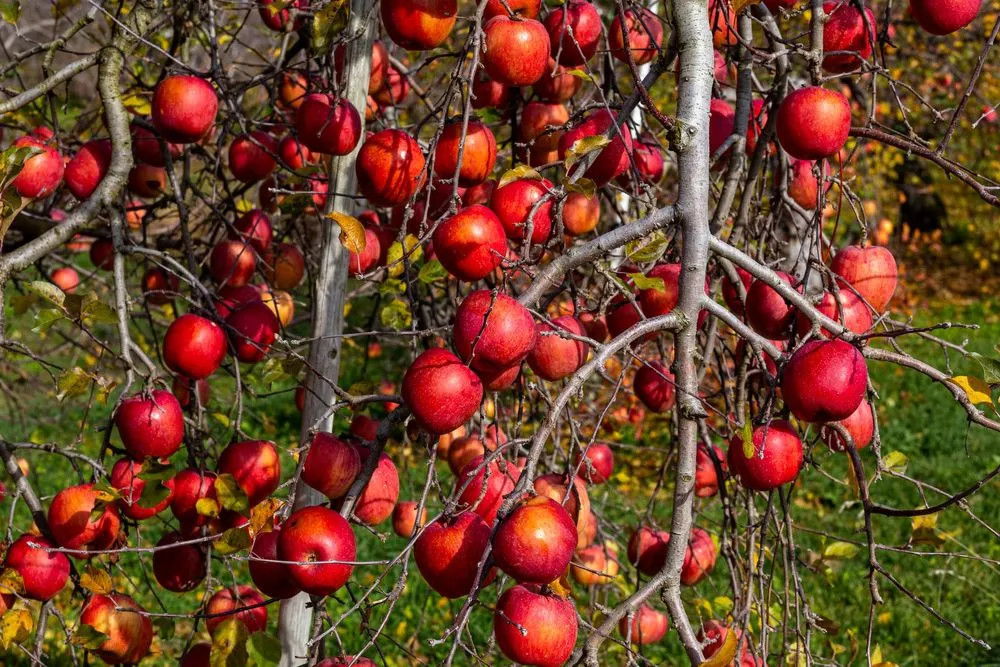
The “Honey Apple Core” or more commonly known as the Fuji apple, is a popular apple variety known for its sweet taste and crisp texture. Growing your own Fuji apples can be a rewarding experience, offering fresh and delicious fruits straight from your garden. Here’s a detailed guide on how to grow Fuji apples, combining information from various sources.
Understanding the Fuji Apple
Origin and Characteristics:
Fuji apples, originally developed in Japan, are a cross between the Red Delicious and Ralls Janet varieties.
They are known for their high sugar content, crisp texture, and long shelf-life.
The apples have a predominantly sweet flavor with a slight tartness.
How to Grow Fuji Apples
1. Selecting the Right Location:
Choose a sunny spot in your garden as these trees require at least six hours of direct sunlight daily.
2. Soil Requirements:
Plant your Fuji apple tree in well-drained soil, rich in organic matter. Avoid areas with poor drainage to prevent root diseases.
3. Planting the Tree:

Purchase a sapling from a reliable nursery.
Dig a hole twice as wide as the root ball and as deep. Ensure the top of the root ball is level with the ground surface.
Fill the hole with soil, gently firming around the base of the tree.
4. Watering and Fertilization:
Regular watering is crucial, especially during dry periods.
Use a balanced fertilizer once a year in spring to promote healthy growth.
5. Pruning and Training:
Prune in late winter or early spring to shape the tree and enhance fruit production.
Training involves tying branches to stakes or weights to develop a strong, open structure.
6. Pollination Requirements:
Fuji apples are not self-fertile and require cross-pollination with another apple variety.
Plant alongside varieties that bloom at the same time, such as ‘Gala’ or ‘Granny Smith’.
7. Harvesting:
Fuji apples are typically ready for harvest in late summer or early fall.
Harvest when the apples are firm, crisp, and have a sweet aroma.
8. Spacing and Size Considerations:
Fuji apple trees can reach a height of 12-15 feet with a similar width.
Leave about 15 feet between each tree to allow for growth and air circulation.
Common Challenges and Solutions

Pest and Disease Management: Regular monitoring for pests and diseases is essential. Utilize organic pest control methods and ensure proper sanitation in the orchard.
Winter Protection: In colder regions, provide winter protection to young trees to prevent frost damage.
Growing Fuji apples requires patience and care, but the reward of harvesting your own sweet, crisp apples is worth the effort. With the right conditions and proper care, your Fuji apple tree will be a fruitful addition to your garden. Remember, the key to successful apple growing lies in understanding the specific needs of your tree and adapting your gardening practices accordingly.




















